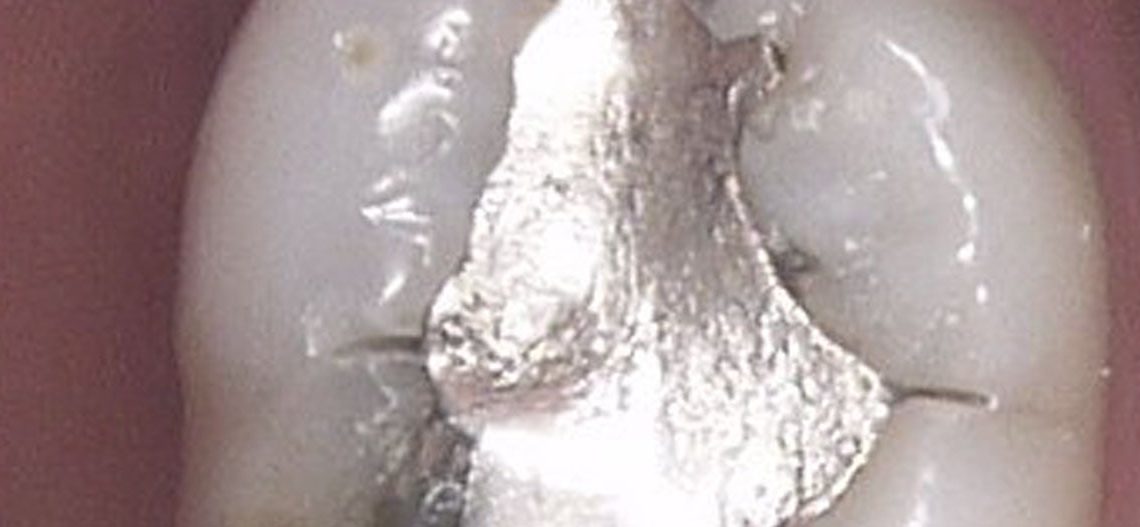Did you know that Health Canada has a full report about the safety of dental amalgam (mercury fillings)?
Recurrent concerns about whether or not amalgam fillings were suitable for use prompted Health Canada to create The Safety of Dental Amalgam report including an official position statement and recommendations.
This report was first released in1996 and updated in 2009. Its contents continue to inform the official position of Health Canada regarding the use of dental amalgam. We recommend that you read the full report.
This blog is our summary of the pieces of information in parts one through seven that grabbed our attention the most. We’ll cover the position statement and recommendations in another blog.
The Safety of Dental Amalgams by Health Canada – 12 Key Takeaways
- Dental amalgam (mercury fillings) has been used in North America for more than 150 years.
- Concerns about the use of mercury fillings date back to 1845 via the American Society of Dental Surgeons.
- A survey conducted by the American Dental Association in 1991 showed that half of the respondents believed dental amalgam could cause health problems, and 20% had considered having their amalgam fillings removed or had already had them removed.
- Sweden, Norway, Denmark, and Germany have banned or restricted the use of dental amalgam, citing environmental concerns.
- As of 2009, when this report was last updated, Canada has no regulatory measures in place about dental amalgam.
- Mercury fillings are still used in dentistry, in Canada, today.
On mercury release from amalgam and its absorption by the body
- Clinical studies showed the amount of mercury found in the body correlated with the number of mercury fillings in the mouth. When the mercury fillings were removed, mercury levels in blood and urine were shown to decrease. Because the blood and urine mercury levels attributable to amalgam do not approach the level recognized as the onset of clinical mercurialism (mercury poisoning), Health Canada concludes that, although amalgam contributes detectable amounts of mercury in the body, these levels do not approach those recognized to cause illness.
- Amalgam is known to cause allergic hypersensitivity in a small fraction (estimated at 2% to 3%) of the population. The Statistics Canada real-time population clock counts the Canadian population to be just over 37 million people. By our math, between 752,092 and 1,128,137 people are allergic to dental amalgam.
Adverse health effects attributed to amalgam
- Several hypotheses have suggested that mercury contributes to various diseases, among them Alzheimer’s Disease, Amyotrophic Lateral Sclerosis, Multiple Sclerosis and Parkinson’s Disease. However, reviews of the clinical evidence indicates that the existing data do not support these hypotheses.
- There have been a few cases reported in the literature in which individuals who suffered from chronic ill-health experienced dramatic improvements after their amalgam fillings were removed. The small number of cases and the lack of controlled studies make it difficult to establish a cause-and-effect relationship in such cases.
Mercury environmental concerns and policies
- Countries, including Canada, introduced measures to reduce or eliminate mercury in products and control its emission into the environment because of its toxicity. Dental amalgam is not one of these products.
- The Canada/Ontario Agreement has placed mercury on a list of toxic materials targeted for eventual elimination. It is estimated that between 1982 and 1991, 17.6% of the mercury used in Canada was for dental work.
Conclusion
Public concerns over dental amalgam safety have been around for over 100 years and continue to intensify.
Difficulty in establishing cause-and-effect relationships between amalgam fillings and overall health in this type of report, and others like it, often cite a lack of reliable data in studies or a lack of controlled studies.
As people become more aware of the issue, new data and research can be conducted.
Holistic dentistry says no to the use of mercury in dentistry.
We write a lot about mercury and the damaging effects that chronic exposure can have on the human body. We have done the legwork and keep up to date on new studies, that use new data to support this idea.
As a holistic dentist, we do not use mercury fillings. We recommend that people with mercury fillings, conduct their own research to determine whether or not having them removed is the right choice.
If you would like to learn more about mercury fillings, Holistic Dentistry, or have a question about your specific situation, get in touch with Oakville dentist, Dr. Agatha Bis by calling —- or filling out the form below.
Click here to read the full Health Canada report.

